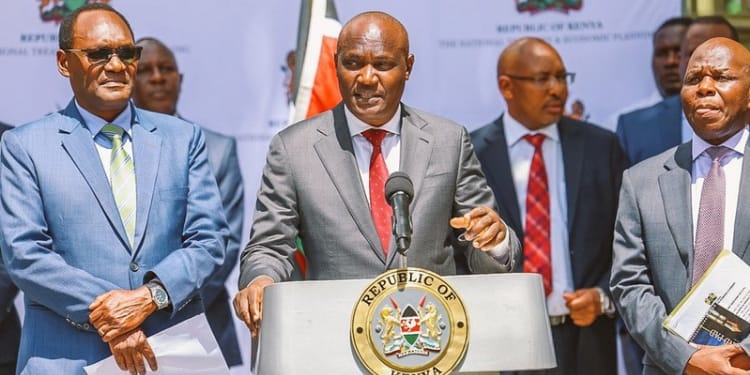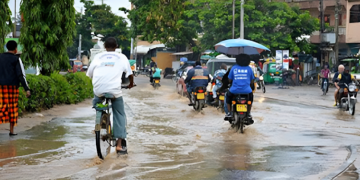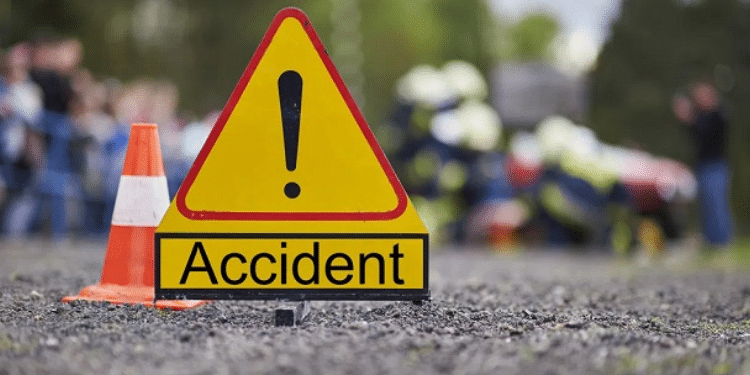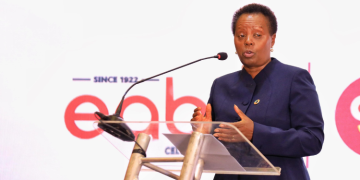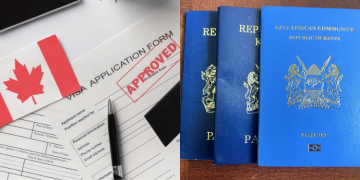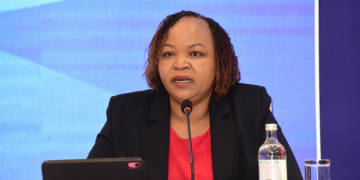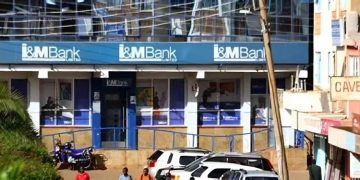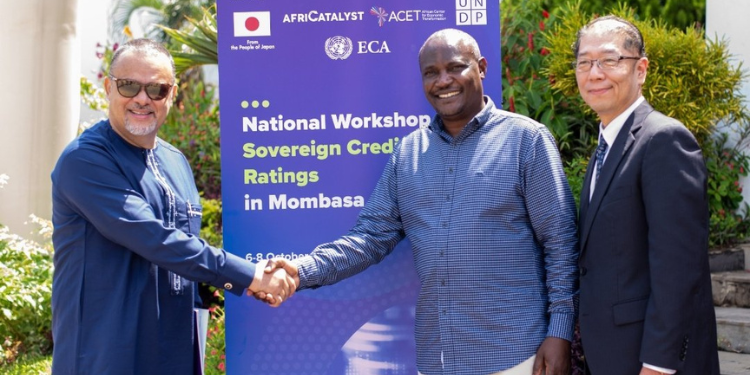Kenya is participating in a high-level workshop with the United Nations Development Programme (UNDP), the Government of Japan, AfriCatalyst, the African Peer Review Mechanism (APRM), rating agencies, regulators, and private sector actors to develop a roadmap for enhancing the country’s credit ratings.
The three-day meeting, held in Mombasa from Monday, October 6 to Wednesday, October 8, 2025, brings together government officials, development partners, rating agencies, and private sector stakeholders to explore strategies for enhancing Kenya’s fiscal credibility and investment attractiveness.
Treasury Cabinet Secretary John Mbadi stated that the government is committed to establishing a realistic credit rating agenda that aligns with Kenya’s diverse and vibrant economy, as well as a stable macroeconomic environment that fosters growth.
He noted that credit ratings play a key role in development finance and are a vital component of the financial ecosystem.
According to Mbadi, a sovereign credit rating acts as a measure of trust in a country’s ability to repay its debt obligations and has wide-ranging effects on the economy.
“It influences the risk perception and borrowing costs of the sovereign, and serves as a tool for investors to assess the risk of investing in the nation’s financial instruments, such as local currency bonds and sovereign securities like Eurobonds. This affects the pricing of a country’s securities in international capital markets,” he said.
Kenya Holds High-Level Workshop with UN and Japan to Boost Credit Ratings
The primary objectives of the workshop are to enhance Kenya’s national capacity for effective engagement with credit rating agencies (CRAs), encompassing data preparation, negotiation, and advocacy skills.
The workshop will also facilitate the establishment of a Multistakeholder Kenya Credit Rating Committee to ensure structured, proactive engagement with rating agencies and consistent monitoring of rating drivers.
Also Read: Mbadi Sets Record Straight on Kenya Losing Ksh315 Billion Over Flopped Project
Additionally, the workshop aims to develop a detailed, actionable plan to improve Kenya’s credit rating outlook and reduce the cost of debt, supporting the realization of Vision 2030 and the Sustainable Development Goals (SDGs).
Speaking during the official opening in Mombasa, Mbadi reiterated that Kenya has a highly diverse economy and continues to enjoy a stable macroeconomic environment that supports growth.
He noted that in the second quarter of 2025, the economy recorded growth of 5 percent, up from an average of 4.9 percent in 2024, and is projected to reach 5.3 percent by the end of 2025 and 2026.
“Public debt-to-GDP ratio is projected to decline to the debt anchor of 55±5 percent of GDP in present value terms by 2030, supported by our medium-term fiscal consolidation efforts,” he said.
Kenya’s sovereign credit ratings are currently B/B-/Caa1 Negative by S&P, Moody’s, and Fitch, respectively.
According to Mbadi, this constrained rating profile has led to higher borrowing costs, with yields driven by a perceived elevated country risk premium and credit spread.
“Debt service as a share of revenues has grown over time, further squeezing fiscal space and threatening to crowd out critical investments in infrastructure, health, education, and climate resilience,” he said.
“However, the recent credit rating upgrade demonstrates the tangible benefits of fairer assessments, which by extension translate to lower borrowing costs, allowing the country to redirect scarce resources from debt servicing into critical priorities such as infrastructure, agriculture, and climate resilience.”
Mbadi noted that the upgrade was not just about improved statistics but also reflected deliberate reforms, notably the 2025 Finance Act, which enhanced tax compliance and signaled fiscal credibility.
These measures, he added, strengthened investor confidence and underscored Kenya’s commitment to responsible economic management.
“Equally important has been Kenya’s active liability management operations, aimed at smoothing the debt maturity profile to ensure that scheduled maturities sit comfortably within our fiscal space, thereby spurring investor confidence,” he added.
Multi-Agency Workshop to Drive Affordable, High-Impact Borrowing in Kenya
Mbadi said the workshop will provide a platform for stakeholder engagement to deepen Kenya’s collective understanding of credit rating methodologies and expectations from rating agencies.
Also Read: Mbadi Appoints Molonko New CEO of Unclaimed Financial Assets Authority
He added that it will facilitate the formation of a National Multi-Agency Technical Working Committee to coordinate the national approach and build towards the ultimate goal of lower-cost, higher-impact borrowing for Kenya’s transformative development.
UNDP Resident Representative Jean-Luc Stalon emphasized that “the recent improved rating for Kenya reflects the country’s readiness for the credit rating agenda to be mainstreamed and localized as a critical strategy towards enhanced development finance and increased fiscal space.”
The Charge d’Affaires of the Embassy of Japan, Hiroshi Oghara, noted that “Kenya enjoys a vibrant, diverse economy, and this initiative will promote dialogue that leads to more precise credit ratings, which consequently increase investment.”
Director of the UN Economic Commission for Africa, Dr. Stephen Karingi, acknowledged that “even with the recent improved rating, it does not fully capture the fact that reforms in both the economic and social sectors will accelerate the strengthening of the nation’s economic capacity.”
Follow our WhatsApp Channel and X Account for real-time news updates.
